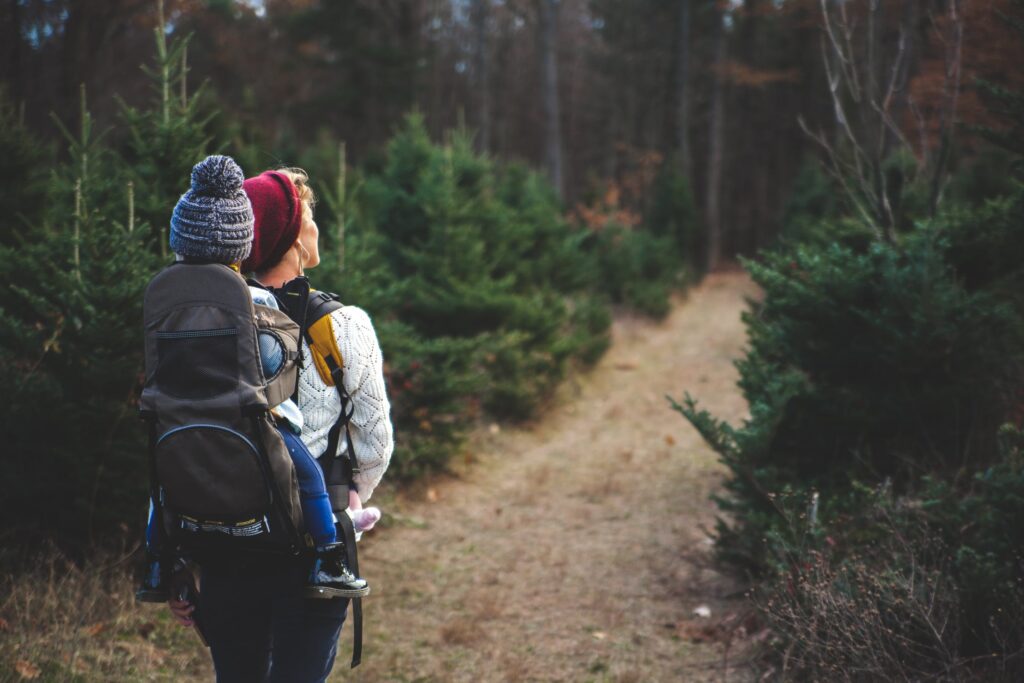
Photo Credit: Pexels
Due to the pandemic, children are becoming more removed from nature, with most of their playtime spent indoors in front of an electronic device. Exploring outdoors awakens your child’s sense of wonder, enthusiasm and joy. Author Richard Louv explains in his book “Last Child on the Woods” that children reap benefits by spending time in nature, including improved concentration and creativity, and preventing and managing ADHD and depression.
Even during the virus outbreak, you can get the whole family out in nature. Here are five measures you can take to help your child safely explore the outdoors.
Plan outdoor activities you can do together.
You can plan an at-home adventure by camping in your backyard; set up a campfire and mount tents on your lawn for a night. Plant a garden in your backyard and divide its responsibilities between you and the kids. Focus on beautiful flowers, as well as growing your own fruits and vegetables, then incorporating the produce into fun kid-friendly recipes.
Introduce your kids to bird watching in your backyard. There are all kinds of advantages to becoming a birder. To start, it’s an opportunity to learn about your immediate environment—exactly what kinds of birds live there. You and your kids can research bird species’ migratory patterns, what each of their calls sound like (as listening to them can sharpen your kids’ hearing) and how different birds have adapted to human presence.
When it’s safe to do so, you can take a family hike in the mountains near your home, go to the beach together, take an evening walk in nature, or go kayaking, canoeing or fishing.
Encourage outdoors play
Some games you can organize with your kids include scavenger hunt, soccer, and hide and seek. It is tempting to want to micromanage every step of your child’s play outdoors. Choose an environment that is safe for them and supervise from a distance.
Allow your child to get dirty
Unlike indoors play, outdoor play and adventure are messier. You can count on your child to get dirty. To make laundry cleaning easier, have them wear old clothes and save the fancy ones for the less messy activities. Dress them in darker colors and fabrics that are easy to clean.
Observe safety precautions
Your child will definitely encounter insects and animals in the course of their play. Although some insects are harmless, emphasize that they look out for spiders, bees and wasps, ticks, and mosquitoes. Similarly, some plants are poisonous, and it’s ideal to learn about them together. Teach them the basic first aid for insect stings, bites and other accidents.
Learn and read books about the outdoors
Visit your local library and check out books about nature and outdoor adventures. Depending on your child’s age, these could be pictorial books of plants, animals and landscapes, and adventure-themed storybooks for toddlers. Also, check out maps and books on first aid and safety, and backpacking guides for pre-teenagers and teenagers.
When you return to daily commutes to school, instead of having your child spend time on their phone, have them look outside and discuss various aspects of the environment. For instance, you could talk about the cloud patterns, the weather or spot different types of trees.
Kids learn about the world and life by observing their parents’ actions and attitudes. The best way to inspire curiosity about exploring the outdoors in your child is to be curious yourself. Express your awe for nature, commit to continually learning and exploring, and involve your child in it. Your excitement will be contagious, and your child will catch it.
